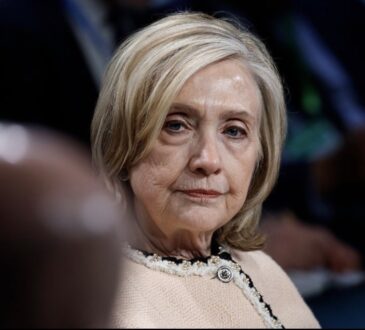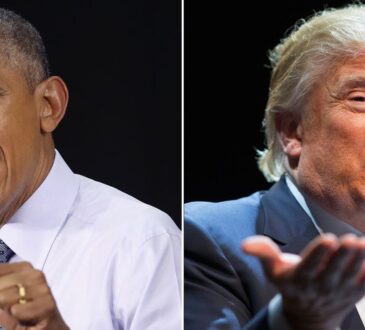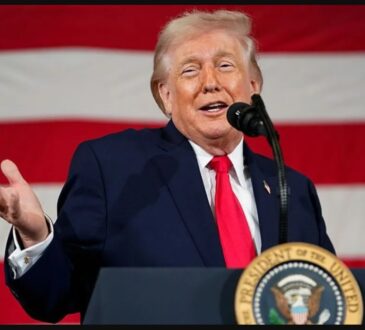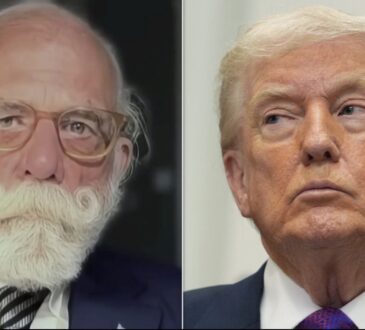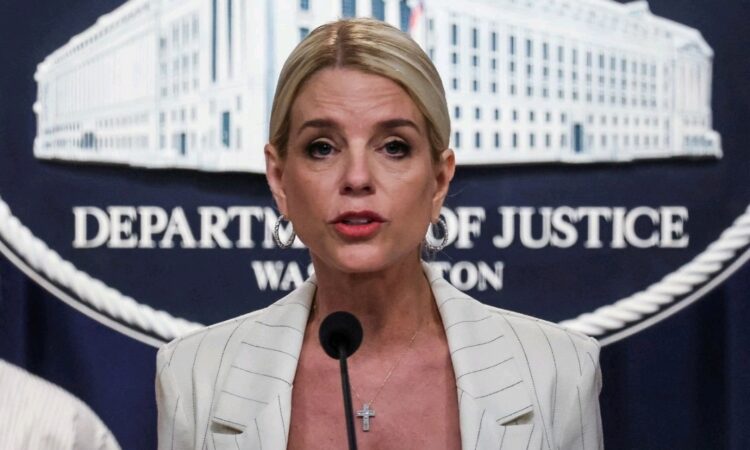
The U.S. Justice Department, under former President Trump’s direction, surprised many on Tuesday when it told a federal judge it would not follow a court order. This happened in an ongoing criminal case involving New York Attorney General Letitia James, who has been accused of bank fraud by the federal government.
The judge in the case had ordered prosecutors to share certain information that could help James argue her claim that the case against her was unfair and politically motivated. This process is known as “discovery,” where both sides exchange evidence before trial.
However, Assistant U.S. Attorney Roger Keller filed a short notice saying the Justice Department would not hand over those documents. Keller explained that, according to legal precedent, defendants are not automatically allowed to see evidence about how or why prosecutors chose to bring charges. They must first show some clear proof of government misconduct before getting that access. Because James had not yet met that legal requirement, Keller said the judge’s order was “premature” — meaning too early to be valid.
This decision shocked many in the legal world. Ignoring a judge’s order is considered a serious and highly unusual step for the Justice Department. Normally, if prosecutors disagree with a ruling, they file a motion asking the judge to reconsider or appeal it — they don’t just refuse to comply.
Political and legal analysts reacted quickly. Politico’s Josh Gerstein noted on social media that it’s rare for the DOJ to simply tell a judge it won’t obey an order. He described the move as “unusual” and outside standard legal procedure.
The situation has added more controversy to an already tense case. Trump’s acting U.S. attorney, Lindsey Halligan, who is overseeing the prosecution, has already faced criticism for how she was appointed and for several earlier mistakes in handling the case. Her appointment itself has been questioned as potentially improper, forcing the Justice Department to publicly defend her and the charges to prevent a judge from removing her from the case altogether.
Overall, this event represents a remarkable clash between the Trump-led Justice Department and the federal judiciary — one that could have serious legal and political consequences.

